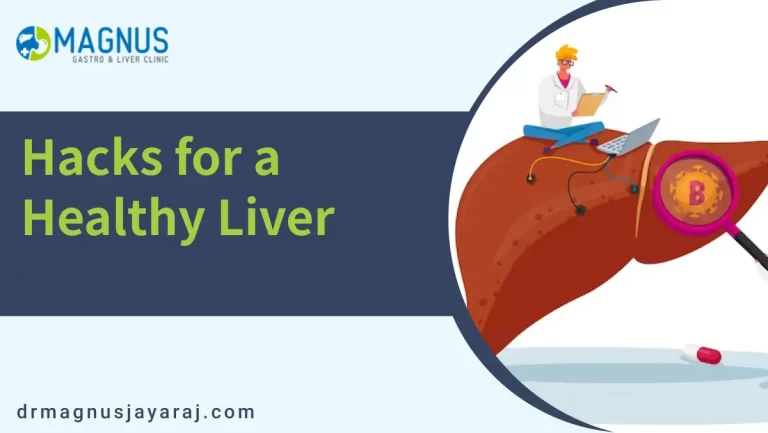Signs of a healthy liver, the liver plays a pivotal role in maintaining overall health as a vital organ with multifaceted functions. Primarily located in the upper right portion of the abdomen, the liver is responsible for essential metabolic processes. It processes nutrients from food, synthesizes proteins, and regulates glucose levels in the bloodstream.
Additionally, the liver acts as a detoxifying agent, filtering and removing toxins from the blood. It also produces bile, aiding in the digestion and absorption of fats. Importantly, the liver stores essential vitamins and minerals and plays a central role in regulating cholesterol levels. Recognizing signs of a healthy liver and clear skin is integral to monitoring and promoting liver well-being.
Tips for Optimal Liver Health
- Hydration is Key: Ensure adequate water intake to support liver function and promote overall hydration.
- Balanced Diet: Consume a diet rich in fruits, vegetables, and whole grains to provide essential nutrients for liver health.
- Limit Alcohol Intake: Practice moderation in alcohol consumption to prevent liver damage and maintain optimal liver function
Balanced Nutrition for Liver Health
Proper nutrition is the cornerstone of a healthy liver. Consuming a well-balanced diet ensures that your liver receives the essential nutrients it needs to function optimally. Foods rich in antioxidants, such as berries and leafy greens, can help protect the liver from oxidative stress. Monitoring for signs of healthy liver, such as sustained energy levels, clear skin, and efficient digestion, can provide valuable indicators of the positive impact of a nutrient-rich diet on your overall well-being. Regular check-ups and attention to these signs contribute to a proactive approach to liver health, promoting longevity and vitality.
To support your liver health, increase your intake of omega-3 fatty acids found in fish, flaxseeds, and walnuts. These healthy fats contribute to reducing inflammation in the liver. Remember, a nutritious diet not only supports overall well-being but also plays a crucial role in maintaining a healthy liver.
Keep an eye out for signs of a healthy liver, including increased energy levels, clear skin, and stable weight. These positive indicators reflect the organ’s efficient processing of nutrients and detoxification.
Hydration and Detoxification
Staying hydrated is essential for maintaining a healthy liver. Water, a fundamental component of a liver-friendly routine, plays a crucial role in flushing out toxins and facilitating the digestion process, contributing to the liver’s smooth functioning. Regular intake of an ample amount of water is not only beneficial for overall health but also supports the liver’s natural detoxification processes. It’s important to recognize signs of a healthy liver.
As excessive alcohol consumption can lead to liver damage. Signs of a healthy liver include a moderate tolerance for alcohol, as the organ efficiently processes and metabolizes it. Pay attention to how your body responds to alcohol, and if you notice any adverse effects, consider reducing your intake for the sake of your liver’s well-being.
Regular Exercise | Signs Of a Healthy Liver
Engaging in regular physical activity is another vital hack for maintaining a healthy liver. Exercise helps improve blood circulation, which, in turn, supports the liver’s detoxification process.
Weight management is intricately tied to liver health, with obesity posing a substantial risk factor for liver diseases, notably non-alcoholic fatty liver disease (NAFLD). Incorporating a healthy lifestyle, marked by a balanced diet and consistent exercise, not only aids in preventing and managing obesity but also significantly supports liver well-being. It’s essential to be mindful of signs of a healthy liver, such as maintaining a healthy body weight, having normal cholesterol levels, and experiencing consistent energy levels.
Signs of a healthy liver in relation to exercise and weight management include sustained energy levels, a well-regulated metabolism, and a stable body weight. Listen to your body, and if you notice positive changes, it’s a sign that your liver is benefiting from your healthy lifestyle choices.
Limiting Toxins and Stress
Reducing exposure to environmental toxins is crucial for maintaining a healthy liver. Limit your intake of processed foods, which often contain additives and preservatives that can burden the liver. Opt for organic produce when possible, and choose natural cleaning and personal care products to minimize exposure to harmful chemicals. Recognizing signs of a healthy liver, such as consistent energy levels, clear skin, and optimal digestion, can serve as positive indicators of the effectiveness of these lifestyle choices in supporting liver function.
Conclusion
A healthy liver is crucial for overall well-being, and adopting key practices can nurture and support this vital organ. Balanced nutrition, sufficient hydration, regular exercise, weight management, and toxin reduction are essential elements for maintaining liver health. These habits contribute to the organ’s optimal function, ensuring efficient detoxification and nutrient processing. Recognizing signs of healthy liver, such as normal cholesterol levels, proper blood clotting, and consistent energy levels, can be indicative of the success of these lifestyle choices
Check out Hepatitis is Vaccine-Preventable.

